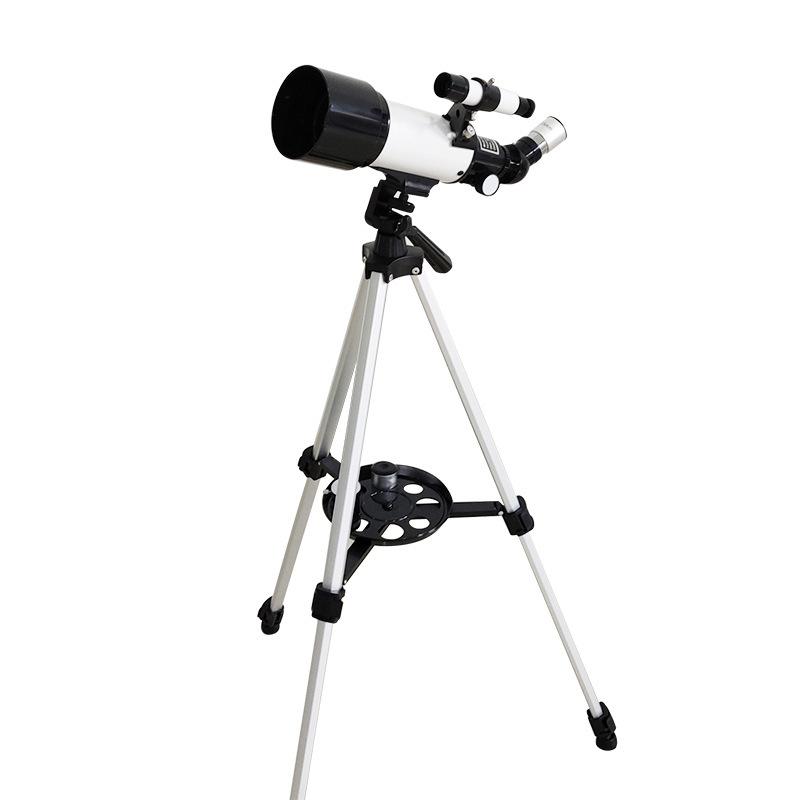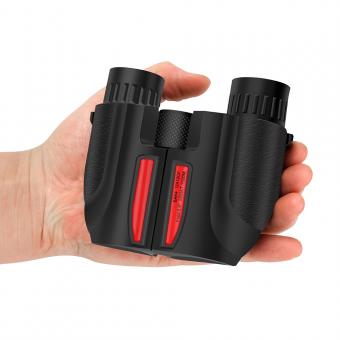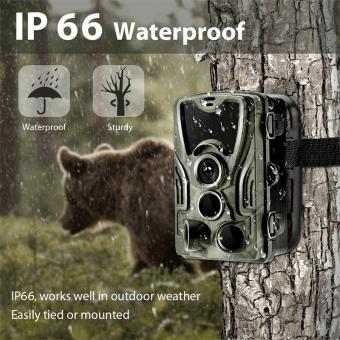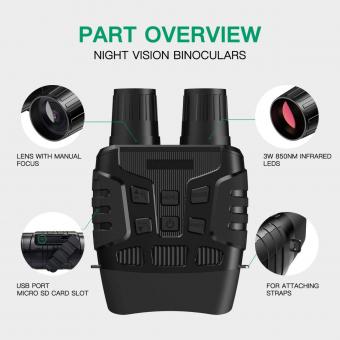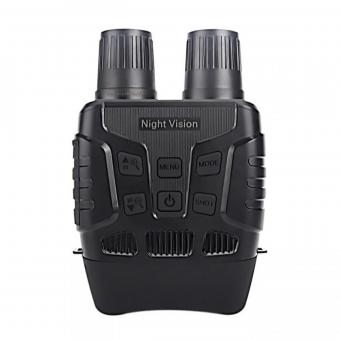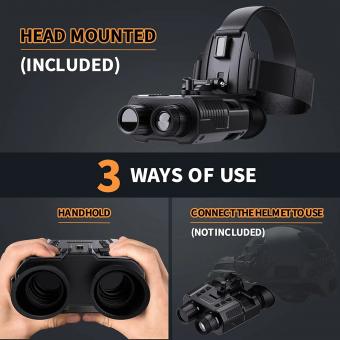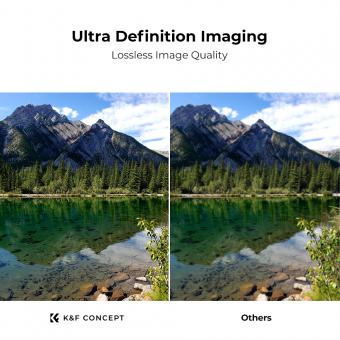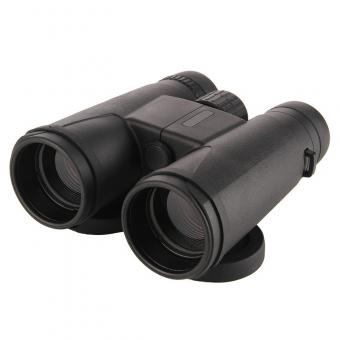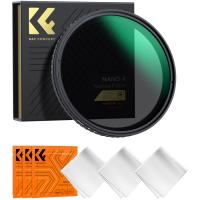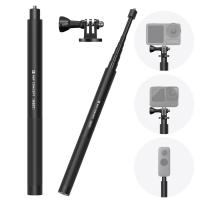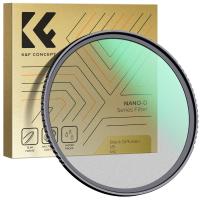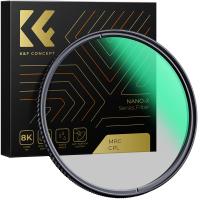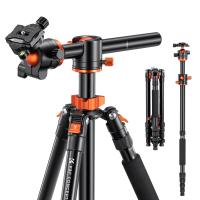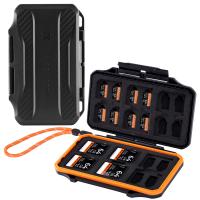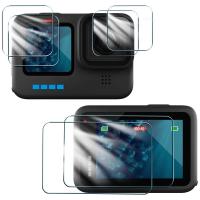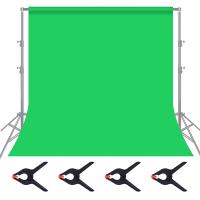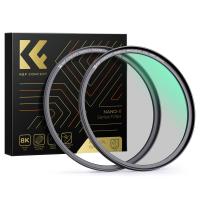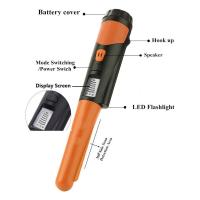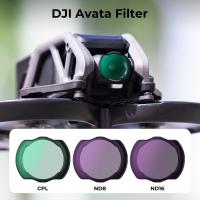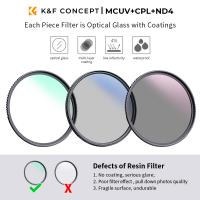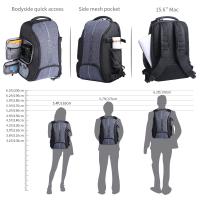Are 12x50 Binoculars Good For Astronomy ?
12x50 binoculars can be suitable for astronomy, especially for beginners or casual stargazers. The 12x magnification allows for a closer view of celestial objects, while the 50mm objective lens diameter provides a decent amount of light gathering capability. This combination can offer a satisfactory viewing experience for observing the moon, planets, and some brighter deep-sky objects like star clusters or nebulae. However, it's important to note that binoculars alone may not provide the same level of detail and clarity as a telescope specifically designed for astronomy. Additionally, factors such as light pollution and atmospheric conditions can impact the quality of observations. For serious or advanced astronomy enthusiasts, a telescope with higher magnification and larger aperture would be more appropriate.
1、 Magnification: 12x for detailed observation of celestial objects.
12x50 binoculars can be a good option for astronomy, as they offer a decent level of magnification and a wide field of view. With a magnification of 12x, these binoculars allow for detailed observation of celestial objects. This means that you can get a closer look at the moon, planets, star clusters, and even some brighter deep-sky objects like galaxies and nebulae.
The 50mm objective lens diameter is also beneficial for astronomy. It allows more light to enter the binoculars, resulting in brighter and clearer images. This is particularly useful when observing faint objects in the night sky. The wider field of view provided by the 50mm lens also allows you to scan the sky more easily and locate objects of interest.
However, it's important to note that 12x50 binoculars may not be ideal for all types of astronomical observations. While they can provide detailed views of celestial objects, they may not offer the same level of magnification as a telescope. If you are interested in observing very distant or small objects, such as distant galaxies or the rings of Saturn, a telescope with higher magnification would be more suitable.
Additionally, the stability of the binoculars can be a factor to consider. Higher magnification can make it more challenging to keep the image steady, especially when hand-holding the binoculars. Using a tripod or other stabilizing equipment can help mitigate this issue.
In conclusion, 12x50 binoculars can be good for astronomy, offering a balance between magnification and a wide field of view. They are suitable for observing the moon, planets, star clusters, and some brighter deep-sky objects. However, for more detailed or specialized observations, a telescope with higher magnification may be necessary.
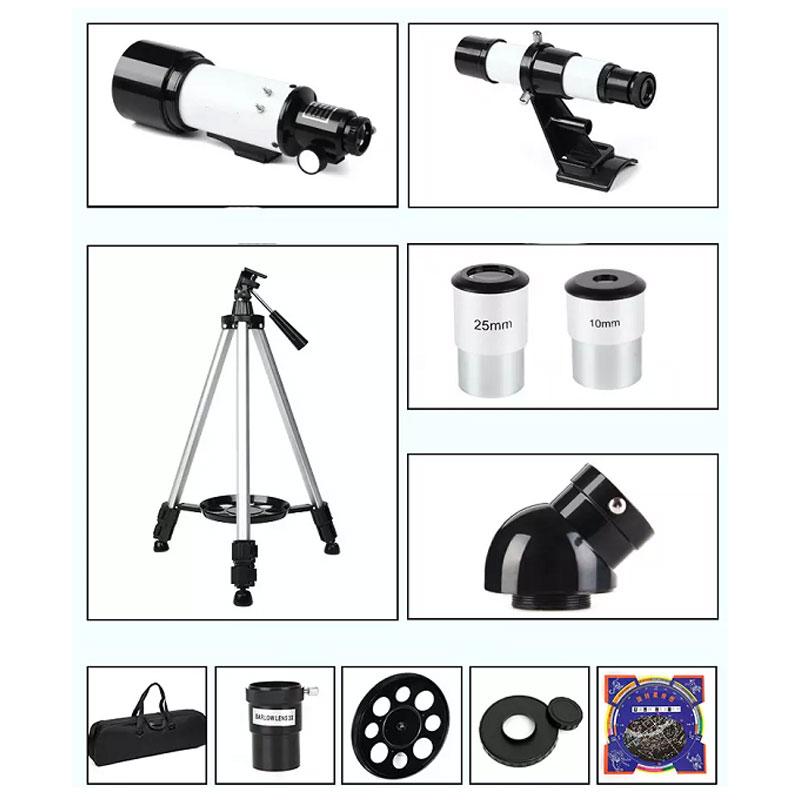
2、 Objective Lens Diameter: 50mm for brighter and clearer views.
12x50 binoculars can be good for astronomy, depending on your specific needs and preferences. The 12x magnification allows for a closer view of celestial objects, making it easier to observe details such as the moon's craters or the rings of Saturn. The larger objective lens diameter of 50mm also provides brighter and clearer views compared to binoculars with smaller objective lenses.
The 50mm objective lens diameter allows more light to enter the binoculars, resulting in better image quality, especially in low-light conditions. This can be particularly useful when observing faint objects such as distant galaxies or nebulae. The increased light gathering capability also enhances the overall viewing experience, allowing for a more immersive and detailed observation of the night sky.
However, it's important to note that while 12x50 binoculars can be suitable for astronomy, they may not be the best choice for all situations. The higher magnification can make it more challenging to keep the image steady, especially without the aid of a tripod. Additionally, the larger size and weight of these binoculars may make them less portable and convenient for extended stargazing sessions.
It's also worth considering that technology and advancements in telescope optics have made telescopes more popular among astronomers. Telescopes offer higher magnification and specialized features for astronomical observations. However, binoculars can still be a great option for casual stargazers or those who prefer a more portable and versatile instrument.
In conclusion, 12x50 binoculars can be good for astronomy, providing brighter and clearer views due to their larger objective lens diameter. However, it's important to consider your specific needs and preferences, as well as the advancements in telescope technology, when deciding on the best instrument for your astronomical observations.
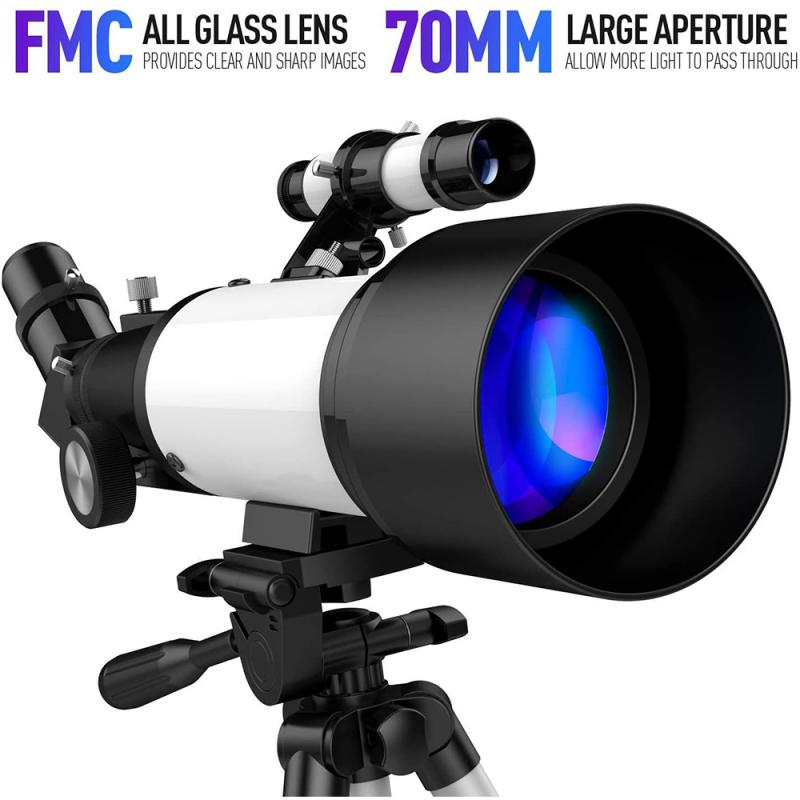
3、 Field of View: Wide FOV for easier navigation of the night sky.
Are 12x50 binoculars good for astronomy? The answer to this question depends on what you are looking for in an astronomical viewing experience.
12x50 binoculars offer a magnification power of 12x, meaning objects will appear 12 times closer than they would to the naked eye. This can be beneficial for observing celestial objects such as the moon, planets, and even some brighter deep-sky objects like star clusters and nebulae. The 50mm objective lens diameter allows for a decent amount of light gathering, which is important for astronomy as it enhances the visibility of faint objects.
One advantage of 12x50 binoculars is their wide field of view (FOV). A wide FOV allows for easier navigation of the night sky, making it simpler to locate and track objects of interest. This can be particularly useful for beginners who are still learning their way around the constellations and star patterns.
However, it is important to note that 12x magnification can also make it more challenging to keep the image steady, especially when hand-holding the binoculars. This can result in a shaky view, making it difficult to focus on fine details. To overcome this, it is recommended to use a tripod or other stabilizing equipment when using 12x50 binoculars for extended periods.
Additionally, while 12x50 binoculars can provide a good viewing experience for general astronomy, they may not be ideal for observing very faint or distant objects. For more detailed and specialized observations, higher magnification and larger aperture binoculars or telescopes would be more suitable.
In conclusion, 12x50 binoculars can be a good choice for astronomy, especially for beginners or those looking for a wide FOV for easier navigation of the night sky. However, for more advanced or specialized observations, other equipment with higher magnification and larger aperture may be necessary.
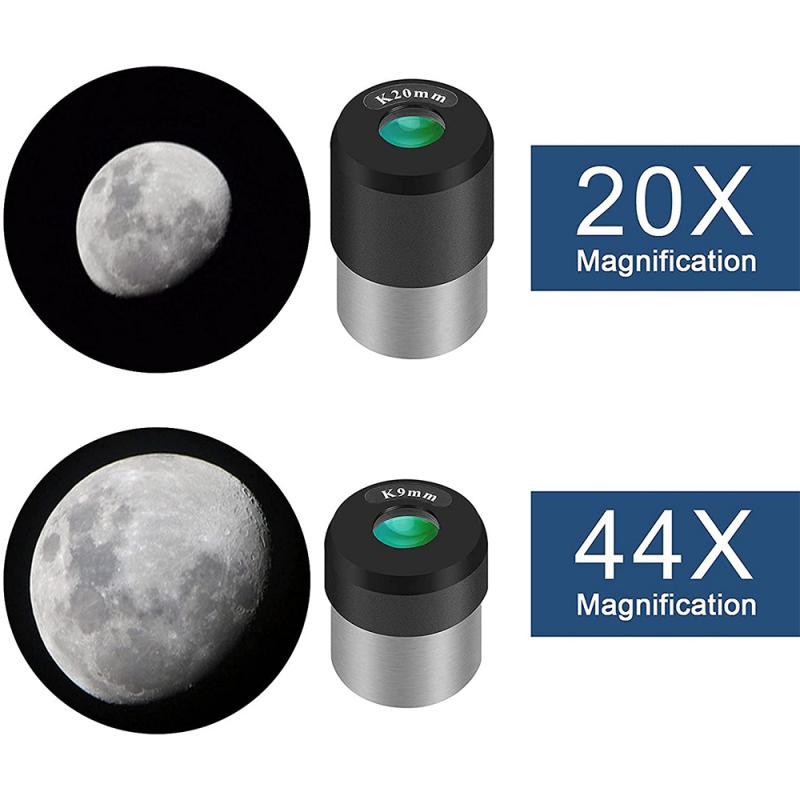
4、 Exit Pupil: 4.2mm for adequate brightness in low-light conditions.
12x50 binoculars can be good for astronomy, but it depends on your specific needs and preferences. The 12x magnification allows for a closer view of celestial objects, which can be beneficial when observing the moon, planets, and some brighter deep-sky objects. The 50mm objective lens diameter provides a decent amount of light-gathering capability, allowing for better visibility of fainter objects.
One important factor to consider is the exit pupil size. The exit pupil is calculated by dividing the objective lens diameter by the magnification. In this case, the exit pupil is 4.2mm. This means that the binoculars can provide adequate brightness in low-light conditions, making them suitable for stargazing during dusk or dawn. However, if you plan to observe in extremely dark conditions, such as in remote areas away from city lights, you may want to consider binoculars with a larger exit pupil for even better visibility.
It's worth noting that while 12x50 binoculars can be used for astronomy, they may not be as powerful as telescopes specifically designed for this purpose. Telescopes often have higher magnification and larger objective lenses, allowing for more detailed views of celestial objects. However, binoculars offer a wider field of view, making it easier to locate objects and observe larger areas of the night sky.
Ultimately, the suitability of 12x50 binoculars for astronomy depends on your personal preferences and observing conditions. If you are a beginner or prefer a more portable and versatile option, these binoculars can be a good choice. However, if you are a serious astronomer looking for more detailed views, you may want to consider investing in a telescope.
